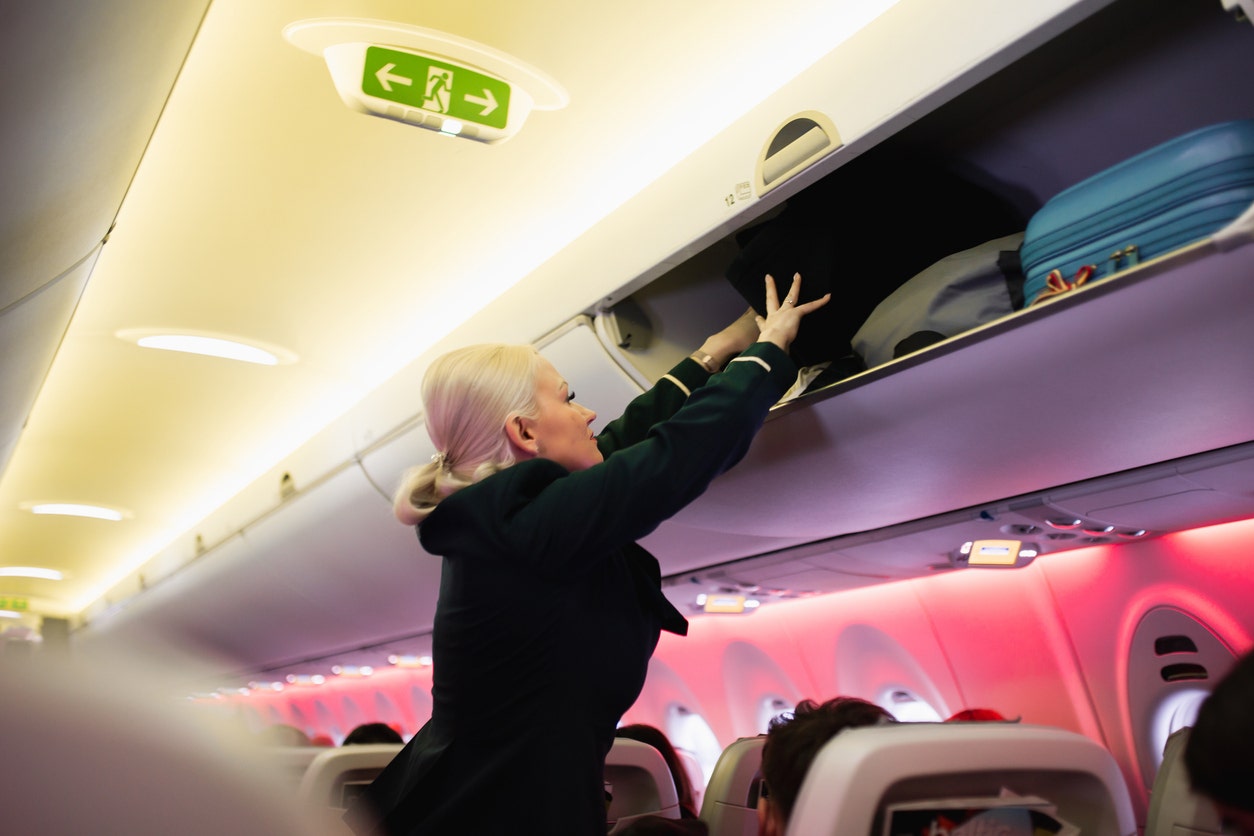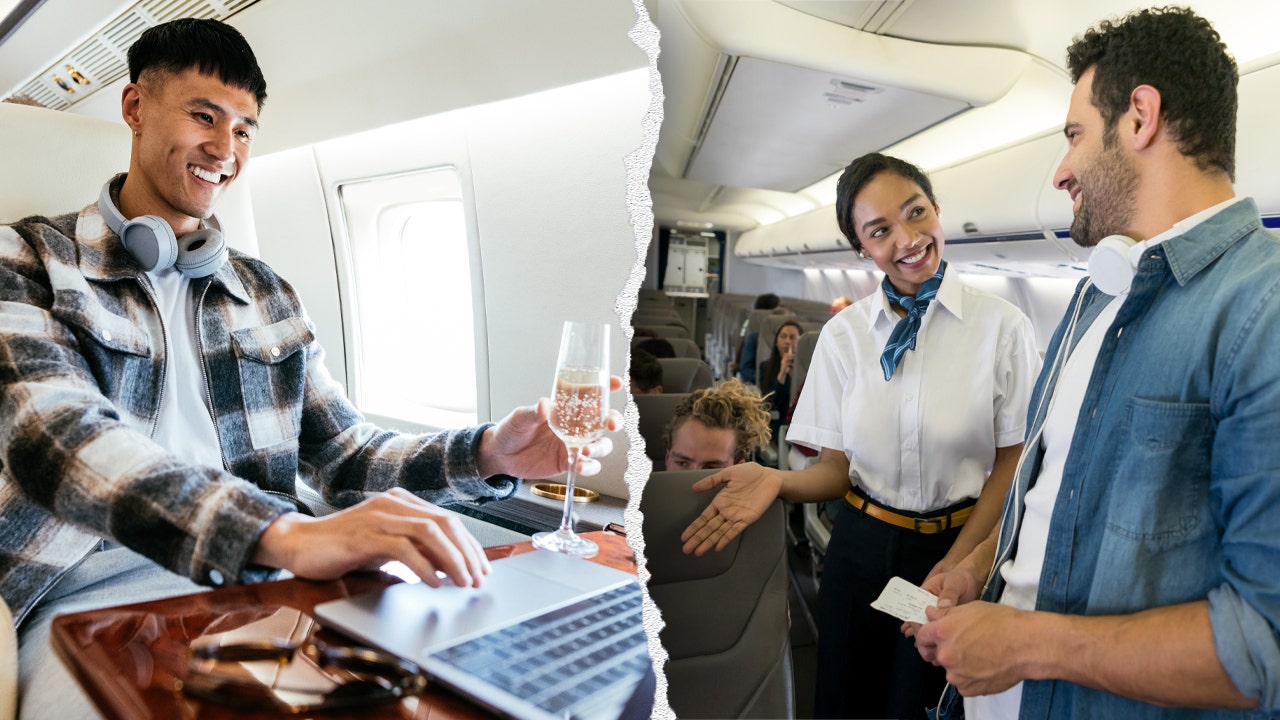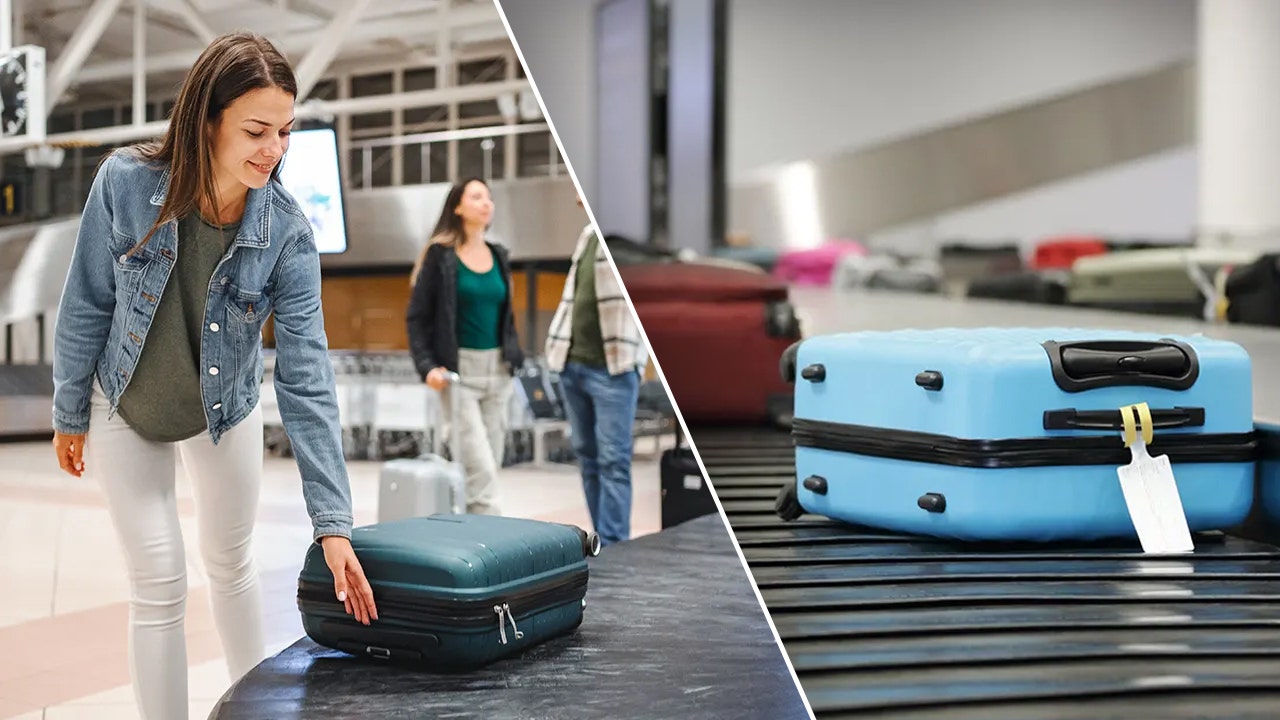3 Things To Remember On Your First Solo Backpacking Trip
Embarking on your first solo backpacking trip can be both exhilarating and nerve-wracking. The idea of exploring new destinations, immersing yourself in different cultures, and testing your limits can be incredibly enticing. However, it’s important to remember a few key things to ensure a safe and enjoyable journey. In this article, we will discuss three important aspects to consider before embarking on your first solo backpacking trip.
1. Plan Your Itinerary Carefully
When it comes to solo backpacking, proper planning is essential. Instead of going with the flow, it’s important to create a detailed itinerary that outlines your destinations, accommodation, and transportation arrangements. Research each location thoroughly to understand the local customs, climate, and safety concerns.
While it’s tempting to pack your schedule with countless activities, it’s vital to leave enough room for flexibility. Unexpected situations may arise, and having a flexible itinerary will grant you the freedom to adapt and make the most of your trip.
Research Safety and Cultural Etiquette
Before embarking on your solo backpacking adventure, it’s crucial to educate yourself about the safety concerns and cultural etiquette of each destination. Familiarize yourself with local laws and customs to ensure you are respectful and avoid any unnecessary trouble.
Additionally, research the current political climate and any travel advisories that may be in place for your chosen destinations. Make sure to register your travel plans with your home country’s embassy or consulate to receive important updates and assistance if needed.
Packing a basic first aid kit and carrying the necessary medications is also essential. It is always better to be prepared for unforeseen circumstances, such as minor illnesses or injuries, to ensure your trip goes as smoothly as possible.
2. Stay Connected and Share Your Itinerary
While the thrill of venturing into the unknown may entice you to disconnect from the world, it’s crucial to remain connected and share your itinerary with trusted family or friends. Provide them with details of your travel plans, including accommodation addresses, contact numbers, and approximate dates of arrival and departure.
Regularly check in with your loved ones to let them know you are safe and inform them of any changes to your itinerary. Sharing your whereabouts will provide peace of mind to both you and your family, and it ensures that someone can reach out for help if necessary.
Stay Connected with Technology
Advancements in technology have made it easier for solo backpackers to stay connected while on the go. Invest in a portable charger to keep your devices powered up, ensuring you have access to maps, translation apps, and emergency contact information.
Consider purchasing a local SIM card or utilizing international data plans to maintain a steady internet connection. This will allow you to research information, communicate with locals or fellow travelers, and stay updated on any changes or alerts.
3. Trust Your Instincts and Stay Aware
One of the biggest strengths you possess as a solo backpacker is your intuition. Trusting your instincts and staying aware of your surroundings are essential for a safe and enjoyable trip.
If a situation or person feels off, it’s crucial to remove yourself from it. Avoid walking alone in unfamiliar or poorly lit areas, especially at night. Always keep an eye on your belongings and be cautious of pickpockets or other potential thefts.
Furthermore, engage with fellow travelers and locals to gain insights and advice about the places you visit. They can provide valuable information about hidden gems, safety precautions, and cultural norms that guidebooks may overlook.
Learn Basic Phrases
Learning a few basic phrases in the local language can go a long way in enhancing your travel experience. It shows respect for the local culture and can help you navigate unfamiliar situations more easily. Simple greetings, polite expressions, and requests for assistance can make a significant difference in your interactions with locals.
Remember, your first solo backpacking trip will be an incredible journey of self-discovery and exploration. By planning your itinerary carefully, staying connected, and trusting your instincts, you’ll be well-equipped to embrace the excitement and challenges that come with traveling solo. So pack your bag, set off on your adventure, and let the world be your playground!
*Source www.forbes.com




































